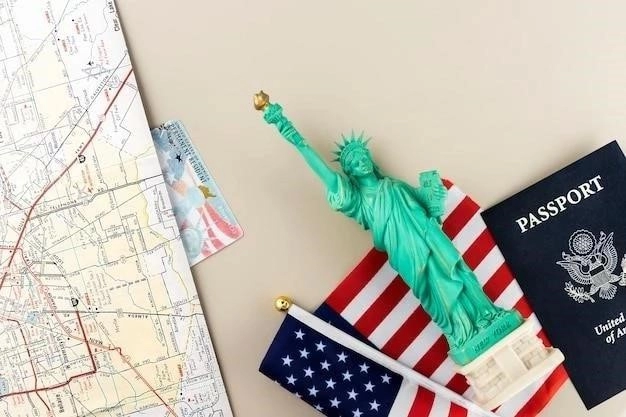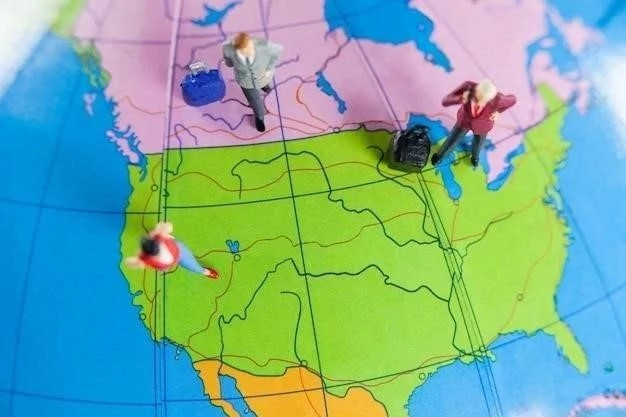The History of US Involvement in the WTO
The United States has been a leading force in the WTO since its inception in 1995, actively shaping the organization and its rules. As a founding member of the WTO’s predecessor, the General Agreement on Tariffs and Trade (GATT), the US has consistently advocated for a rules-based, multilateral trading system.

US Trade Disputes: A Historical Overview
The United States has a long and complex history with trade disputes, dating back to the early days of its founding. As a major player in the global economy, the US has consistently sought to protect its economic interests and promote free trade. However, its approach to trade disputes has evolved over time, reflecting changing economic conditions, political priorities, and the emergence of new global trading regimes.
Prior to the establishment of the WTO in 1995, the US engaged in trade disputes primarily through bilateral negotiations and the GATT dispute settlement mechanism. These disputes often centered on issues such as tariffs, quotas, and subsidies. The US was both a complainant and a respondent in numerous GATT disputes, demonstrating its willingness to both defend its own interests and challenge the trade practices of other countries.
The creation of the WTO ushered in a new era of trade dispute resolution, with a more formalized and binding system. The US played a central role in shaping this new system and has been one of its most active users. Over the years, the US has been involved in a wide range of WTO disputes, covering a diverse array of sectors, including agriculture, intellectual property, and financial services. Notable disputes have involved countries such as the European Union, China, Japan, and Canada, highlighting the breadth and significance of US trade relations.
While the US has generally been a strong proponent of the WTO dispute settlement system, it has also expressed concerns about its operation and effectiveness. Specifically, the US has raised issues related to transparency, judicial activism, and the length of proceedings. These concerns have led to calls for reform from the US and other WTO members. Despite these challenges, the WTO dispute settlement system remains a cornerstone of the global trading system, and the US continues to be a key player in shaping its evolution.

Key WTO Disputes Involving the United States
The United States has been a central participant in numerous WTO disputes, reflecting its prominent role in global trade and its commitment to upholding a rules-based trading system. These disputes span a wide range of sectors and issues, illustrating the complexity and significance of US trade relations.
One prominent example is the long-running dispute over subsidies provided to aircraft manufacturers, notably the US-based Boeing and European Airbus. This dispute, spanning over 15 years, involved claims of unfair government support provided to each company, ultimately resulting in authorized retaliatory tariffs by both the US and the EU. This case exemplifies the high stakes involved in WTO disputes and their potential impact on global industries.
Another significant dispute involved US measures imposed on steel and aluminum imports in 2018, citing national security concerns. This action drew challenges from several WTO members, including China, the EU, and Canada, who argued that the tariffs violated WTO rules. While the US defended its actions under the national security exception, these disputes highlighted tensions surrounding the use of such exceptions and their potential to undermine the multilateral trading system.
Beyond these examples, the US has also been involved in key disputes concerning agricultural products, intellectual property rights, and financial services. These cases have addressed issues such as market access restrictions, anti-dumping measures, and regulatory barriers to trade. The outcomes of these disputes have significant implications for US businesses and workers, as well as for the broader WTO system.
The United States’ active participation in these and other WTO disputes underscores its commitment to enforcing international trade rules and protecting its economic interests. These cases also highlight the challenges and complexities inherent in managing global trade relations and the importance of a functioning dispute settlement mechanism to resolve disagreements and maintain a stable and predictable trading environment.
The US Stance on WTO Dispute Settlement
The United States has historically been a staunch advocate for the WTO dispute settlement system, recognizing its value in upholding a rules-based trading order. The US has actively participated in shaping the system, viewing it as a vital mechanism for ensuring fair treatment and resolving trade disagreements with other member countries. The WTO’s dispute settlement process, considered one of the most binding in international law, has provided a framework for resolving a multitude of trade disputes, contributing to a more stable and predictable global trading environment.
However, in recent years, the US has expressed growing concerns about certain aspects of the WTO dispute settlement mechanism, particularly regarding the Appellate Body. The US has argued that the Appellate Body has overstepped its mandate in some instances, engaging in judicial activism by creating new obligations not found in the WTO agreements. This, the US contends, undermines the negotiated balance of rights and obligations among WTO members.
Furthermore, the US has raised concerns about the Appellate Body’s handling of certain procedural issues, including the appointment of Appellate Body members and the length of dispute settlement proceedings. These concerns led the US to block appointments to the Appellate Body, rendering it non-functional since December 2019. This action has significantly hampered the WTO’s dispute settlement system, raising uncertainties and complicating the resolution of trade disputes.
Despite these concerns, the US maintains that it supports a fair and effective WTO dispute settlement system. The US has engaged in discussions with other WTO members to explore possible reforms to address its concerns and restore a fully functioning Appellate Body. Finding a path forward that balances the interests of various WTO members remains a key challenge for the future of the organization.
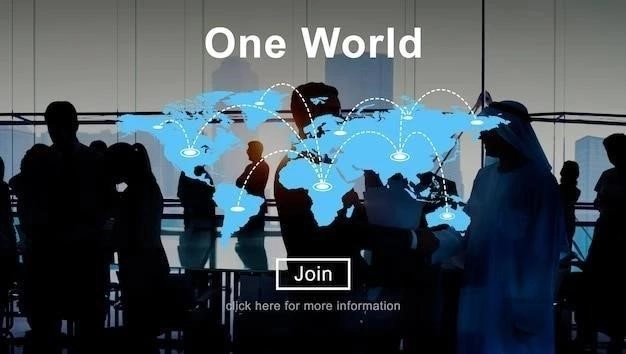
The Impact of US Trade Policy on the WTO
US trade policy has profoundly influenced the WTO’s trajectory and effectiveness since its inception. As a leading proponent of free trade and a major player in the global economy, the US has played a significant role in shaping the WTO’s agenda and influencing the outcomes of multilateral trade negotiations.
The US has consistently advocated for a rules-based trading system, viewing the WTO as a vital mechanism for reducing barriers to trade, ensuring a level playing field for American businesses, and promoting economic growth. Its influence is evident in the WTO’s core agreements, which cover a wide range of areas, including tariffs, subsidies, intellectual property, and trade in services.
However, recent US trade policies, particularly under the “America First” approach, have created tensions within the WTO system. The imposition of tariffs on steel and aluminum imports, justified on national security grounds, has been met with challenges from other WTO members. These actions have raised concerns about protectionist tendencies and a potential shift away from multilateralism, potentially undermining the WTO’s credibility and effectiveness.
Moreover, the US stance on the WTO dispute settlement system, particularly its blocking of Appellate Body appointments, has presented a significant challenge to the organization’s functioning. This has created uncertainty and raised concerns about the enforceability of WTO rules, potentially emboldening countries to pursue unilateral actions rather than seeking resolution through the multilateral system.
The impact of US trade policy on the WTO remains a subject of ongoing debate. While the US remains a key player within the organization, its recent actions have strained relationships and raised questions about its commitment to the multilateral trading system. Finding a way to address these tensions and forge a path forward will be crucial for the future of the WTO and the stability of the global trading order.
The Future of the US and the WTO
The future relationship between the United States and the WTO stands at a critical juncture, characterized by both significant challenges and enduring interdependence. The US has long been a key architect and advocate of the rules-based multilateral trading system embodied by the WTO, recognizing its importance in promoting global trade and economic growth. However, recent US trade policies have introduced uncertainty and strain within the organization, raising questions about the future direction of this crucial relationship.
Several factors will shape the future trajectory of the US-WTO relationship. One key factor is the US stance on reforming the WTO dispute settlement system, particularly its position on the Appellate Body. Resolving the impasse over the Appellate Body’s functioning is essential for restoring confidence in the WTO’s ability to effectively address trade disputes and ensure compliance with international trade rules.
Furthermore, the US approach to trade liberalization and its willingness to engage in multilateral trade negotiations will significantly impact the WTO’s future. A renewed commitment to multilateralism and a rules-based approach to trade would be welcomed by many WTO members and could help reinvigorate the organization.
The future of the US and the WTO is deeply intertwined. Finding a path forward that balances the interests of the US with the needs of the multilateral trading system will be crucial. A reformed and revitalized WTO that effectively addresses 21st-century trade challenges while upholding its core principles of openness, transparency, and non-discrimination is in the best interest of both the US and the global trading community.
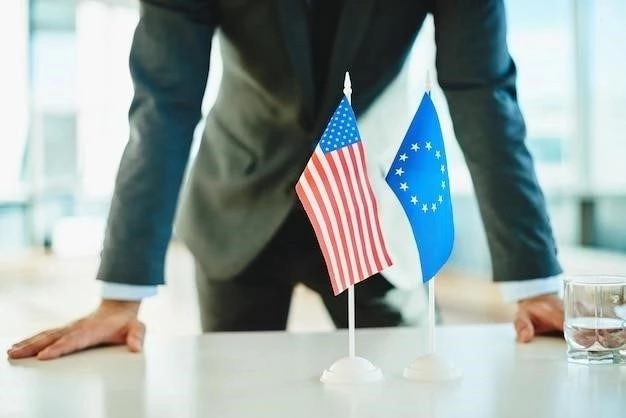
The Role of Congress in WTO Disputes
While the executive branch, specifically the Office of the United States Trade Representative (USTR), holds primary responsibility for litigating WTO disputes, Congress plays a crucial role in shaping US trade policy and influencing its engagement with the WTO dispute settlement system. This influence manifests itself through various avenues, including legislative authority, oversight functions, and the power of the purse.
Congress possesses the constitutional authority to regulate international commerce, providing it with significant leverage over US trade policy. It can enact legislation that aligns with or, conversely, restricts the executive branch’s actions regarding WTO disputes. For instance, Congress can pass laws implementing WTO agreements, imposing conditions on USTR’s litigation strategies, or even limiting the use of funds for specific dispute settlement activities.
Congressional oversight committees play a critical role in scrutinizing the executive branch’s handling of WTO disputes. These committees can hold hearings, conduct investigations, and demand information from USTR officials, ensuring transparency and accountability in the dispute settlement process. They can also voice concerns, provide recommendations, and influence policy decisions related to ongoing or potential disputes.
Finally, Congress exercises considerable influence through its power to appropriate funds. It can allocate resources to support USTR’s litigation efforts, signal priorities for dispute settlement activities, or even restrict funding for cases deemed contrary to congressional interests. This budgetary authority provides Congress with a powerful tool to shape the executive branch’s approach to WTO disputes.
In conclusion, Congress plays a multifaceted and influential role in WTO disputes, albeit indirectly, through its legislative, oversight, and budgetary powers. While the executive branch takes the lead in litigation, Congress actively shapes the legal framework, monitors the process, and provides resources, ultimately influencing US engagement with the WTO dispute settlement system.

The US Trade Representative and the WTO
The Office of the United States Trade Representative (USTR) serves as the primary agency responsible for developing and implementing US trade policy within the WTO framework. Headed by the US Trade Representative, a Cabinet-level official reporting directly to the President, USTR plays a central role in advancing US interests and navigating the complexities of the multilateral trading system.
USTR spearheads US participation in WTO negotiations, advocating for trade policies that benefit American businesses, workers, and consumers. This involves engaging in intricate discussions with counterparts from other WTO member countries, seeking to achieve consensus on trade rules and agreements that foster a level playing field and reduce barriers to trade.
Furthermore, USTR plays a critical role in enforcing US rights under WTO agreements. When another WTO member violates these agreements, harming US economic interests, USTR can initiate dispute settlement proceedings. This involves assembling legal arguments, presenting evidence, and representing the US government throughout the different stages of the WTO dispute settlement process.
In its role as the primary interface between the US government and the WTO, USTR works closely with other federal agencies, Congress, and stakeholders across various sectors. It seeks to ensure that US trade policy is aligned with national priorities and addresses the concerns of American businesses and workers operating within the global trading environment.
USTR’s engagement with the WTO is multifaceted and crucial for advancing US economic interests within the rules-based multilateral trading system. Its role in negotiating trade agreements and enforcing those agreements through dispute settlement mechanisms is essential for ensuring fair treatment for US businesses and maintaining a level playing field in global trade.
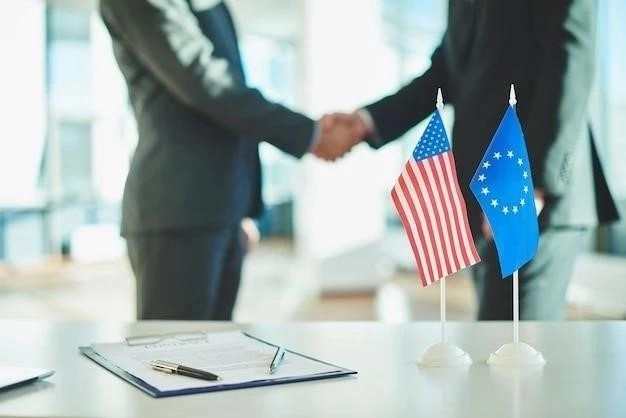
Public Opinion on the WTO in the United States
Public opinion towards the WTO in the United States is complex and often characterized by a lack of detailed knowledge about the organization’s functions and impact. While there is no uniform consensus on the WTO, various factors, including economic conditions, perceptions of globalization, and political rhetoric, shape public sentiment.
Proponents of the WTO, often representing industries engaged in international trade, highlight its role in opening foreign markets for American goods and services, arguing that it creates jobs and boosts economic growth. They emphasize the importance of a rules-based trading system for ensuring fair competition and preventing protectionist measures that could harm US businesses.
Conversely, critics, including some labor unions and environmental groups, contend that the WTO prioritizes corporate interests over the well-being of workers and the environment. They argue that WTO agreements have led to job displacement in certain sectors and facilitated a “race to the bottom” in terms of labor and environmental standards.
Public awareness of the WTO and its activities remains relatively low. Many Americans lack a comprehensive understanding of the organization’s role in shaping global trade rules and its dispute settlement mechanisms. This lack of familiarity can contribute to misperceptions and make it challenging to foster informed public debate about the benefits and drawbacks of the WTO.
Overall, public opinion on the WTO in the United States reflects broader anxieties about globalization, trade, and their impact on American jobs and livelihoods. A more nuanced and informed public discourse is crucial for shaping US engagement with the WTO and ensuring that trade policies reflect the values and priorities of the American people.

The US, the WTO, and the Global Trading System
The United States has played a pivotal role in shaping the global trading system since the end of World War II, championing the reduction of trade barriers and the establishment of rules-based frameworks for international commerce. The creation of the WTO in 1995, succeeding the General Agreement on Tariffs and Trade (GATT), represented a significant milestone in this endeavor, with the US playing a key role in its formation and evolution.
The WTO, with its binding dispute settlement mechanism and framework for negotiating trade agreements, has contributed to a period of unprecedented growth in global trade. This expansion has brought economic benefits to many countries, including the US, fostering innovation, creating jobs, and reducing poverty worldwide.
However, the global trading system currently faces a multitude of challenges, including rising protectionist sentiments, anxieties about globalization’s impact on domestic industries, and the emergence of new trade issues such as digital commerce and climate change. These challenges necessitate a renewed commitment to multilateralism and a rules-based approach to trade, areas where the US has traditionally played a leading role.
The US, with its economic weight and longstanding commitment to free trade, has a vested interest in a well-functioning and effective WTO. By working collaboratively with other WTO members to address current challenges and modernize the organization, the US can help ensure that the global trading system continues to support economic growth, raise living standards, and foster international cooperation.








